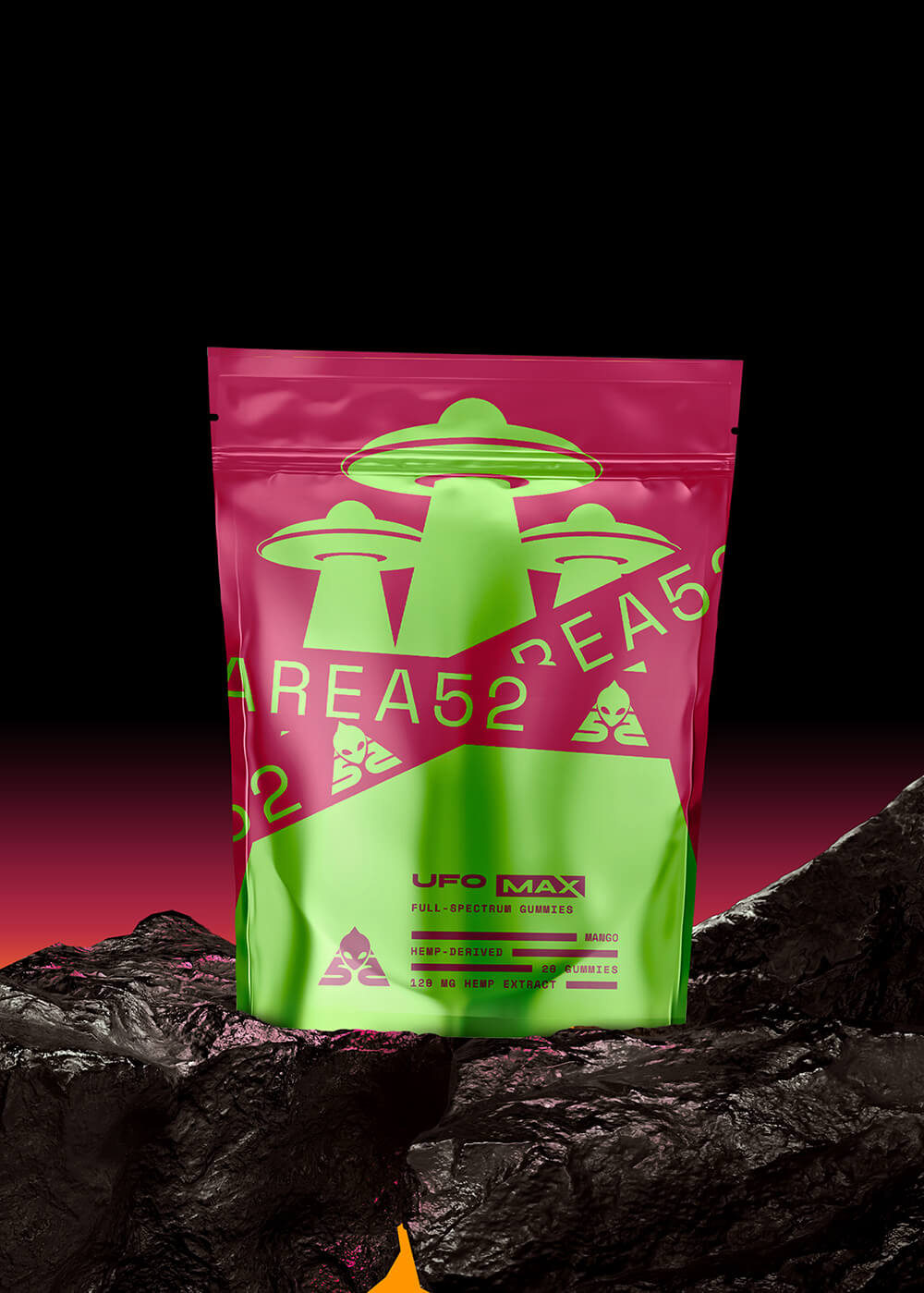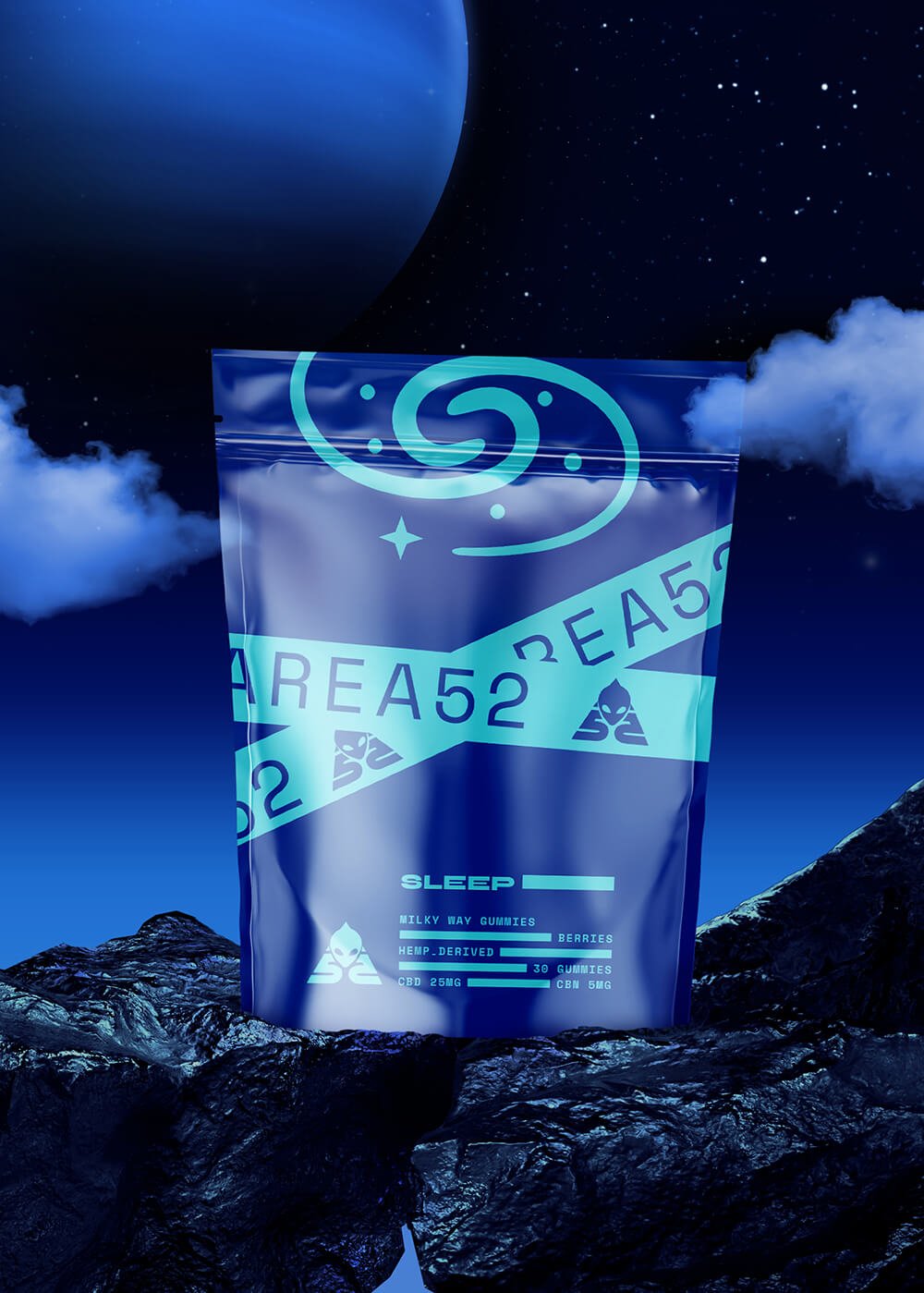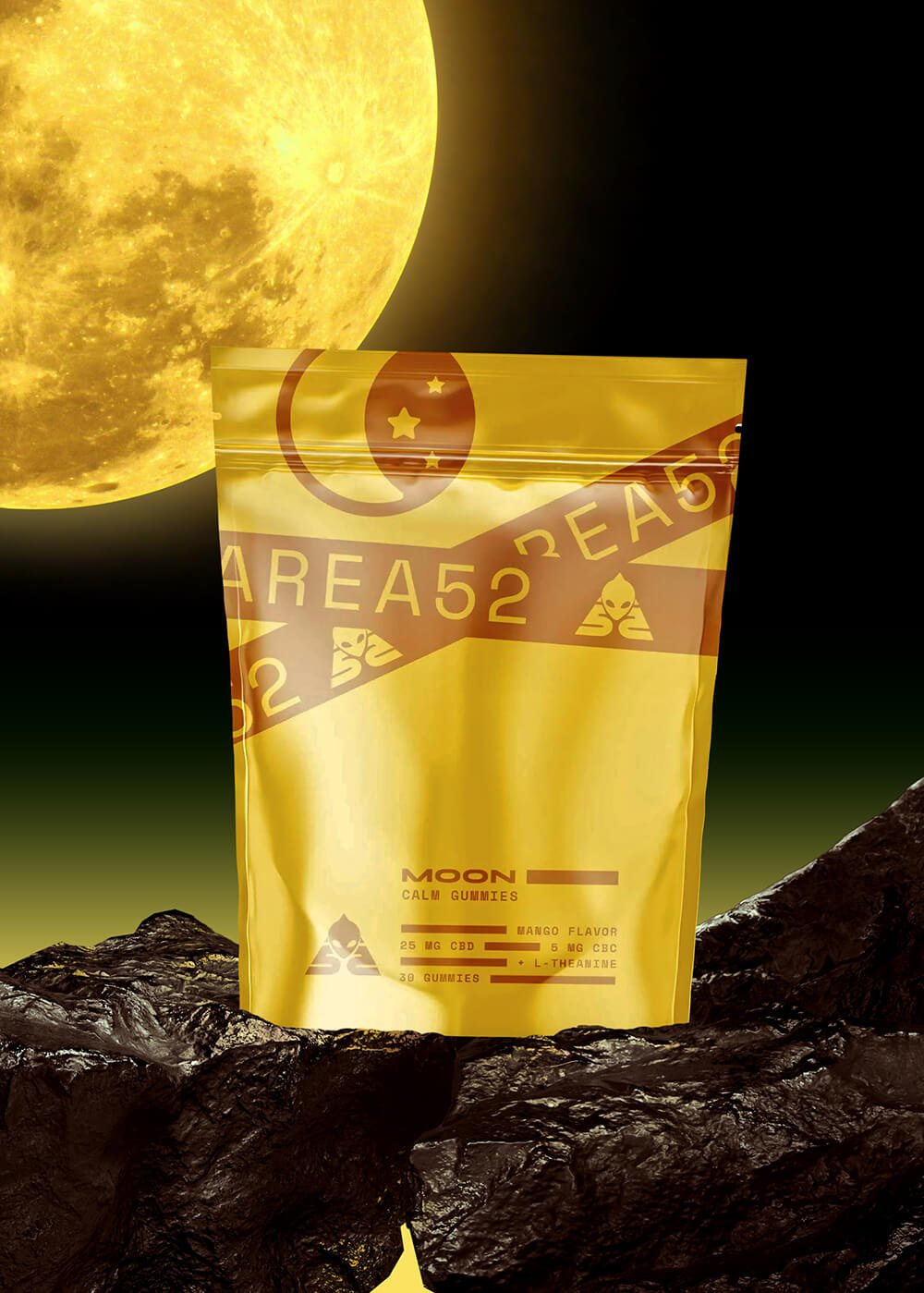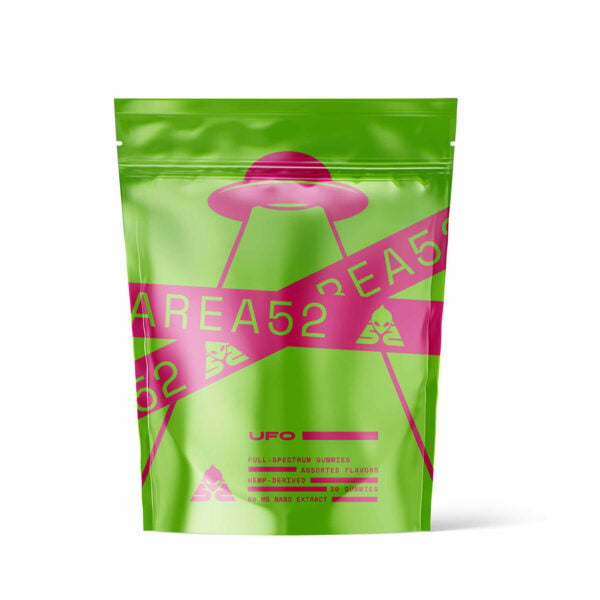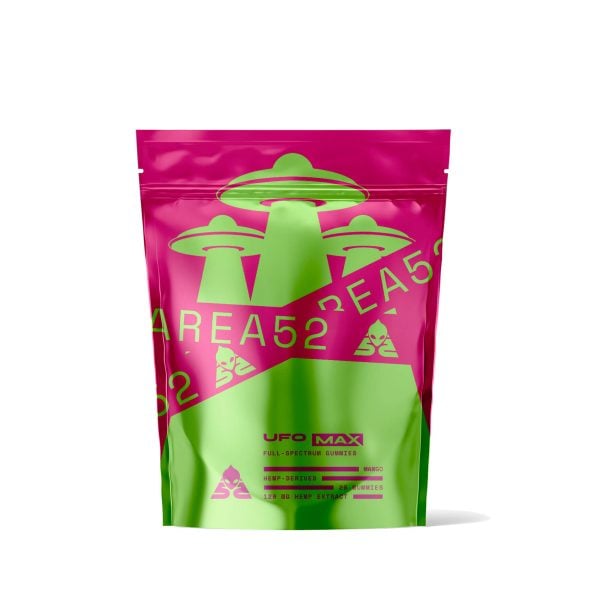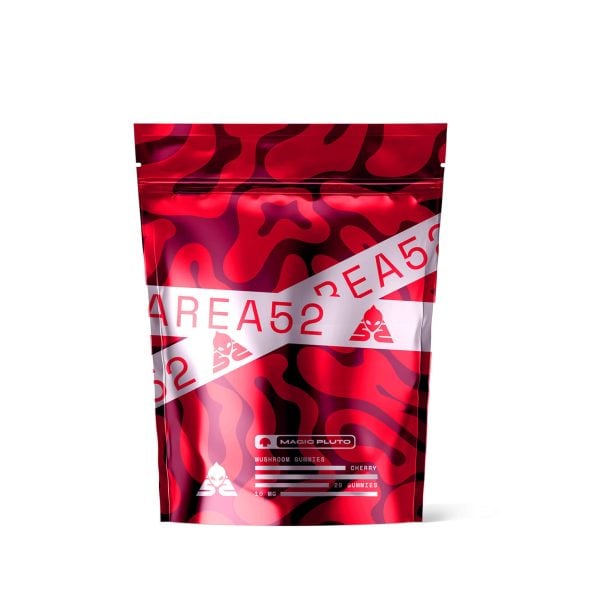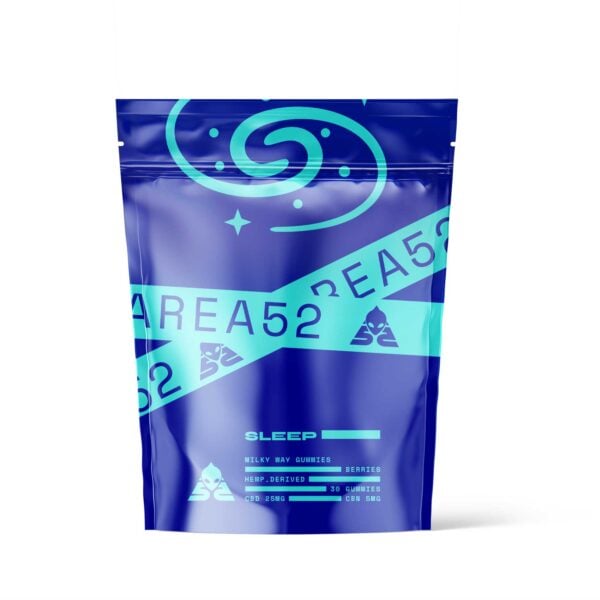How Does Delta 8 THC Affect State-Level Marijuana Legalization?
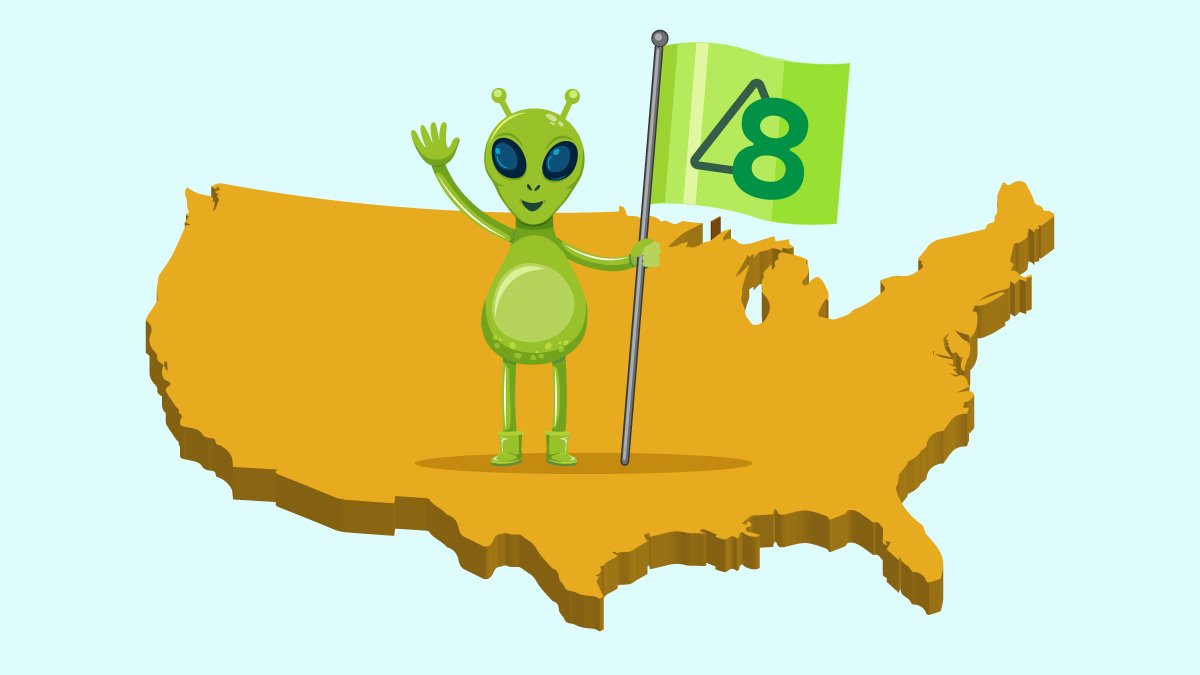
Historically, laws involving cannabis plants were pretty straightforward — if it looks like cannabis, smells like cannabis, or acts like cannabis, it’s illegal.
On August 2, 1937, all forms of marijuana were considered illegal in the United States. This law remained unchallenged until 1996 when California legalized medical marijuana for the first time. This was controversial at the time and created some contradictions in the law. Marijuana was illegal under federal law but legal on a state level.
Since then, just about every state has adopted new state laws allowing the use of marijuana to treat medical conditions. Even more recently, some states have chosen to legalize marijuana for recreational use too.
Today, the regulations surrounding cannabis products are full of loopholes, contradictions, and confusion. Unfortunately, the adoption of delta 8 THC by the mainstream did nothing to make things simpler — and, if anything, have made things even more confusing. The introduction of this novel cannabinoid into the market had many experts discussing how delta 8 affects marijuana legalization in both positive and negative ways.
How is Cannabis Regulated in the United States?
There are three divisions of regulatory bodies in the United States — federal, state, and municipal. The states are given their own freedom to create laws on most topics, even if they contradict federal regulations. There’s no better example of this than cannabis.
The way cannabis is regulated on a federal level is often very different — even contradictory — compared to how it’s regulated on a state level.
Here’s the short version:
- Federal regulations —Any product derived from hemp plants that contain less than 0.3% delta 9 THC is entirely legal. Anything else is a Schedule I controlled substance (the highest category of prohibited substances with the harshest sentences).
- State regulations — Every state maintains its own laws. A state can either be fully legal, medical-only, or entirely prohibited (including CBD).
Federal Cannabis Laws
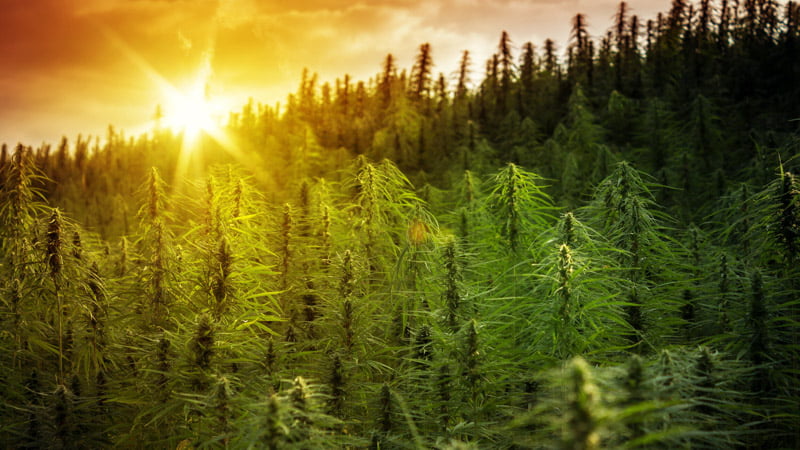
Until recently, all cannabis-derived products were included under the same classification. Federally, any cannabis plant and its derivatives were considered a Schedule I restricted substance under the Controlled Substances Act. This is the same classification for drugs like cocaine, crack, and crystal meth.
In 2018, an amendment was made to the historic Agriculture Improvement Act (2018 Farm Bill) — which primarily controls the laws referring to the agricultural industry. It distinguishes who gets certain types of financial aid or credits, what’s considered legal in marketing, and what crops a farmer has access to grow.
The 2018 amendment brought a massive change to the cannabis world by bumping down a specific variety of cannabis (hemp) from its Schedule I status. This amendment essentially made any form of cannabis legal — as long as it didn’t produce high concentrations of delta 9 THC.
This was the first time the US federal government officially recognized the difference between hemp and marijuana — both of which are the same cannabis plant species (Cannabis sativa). The only difference between the two is that one variety makes lots of THC, and the other does not.
This is where the current law resides. Essentially anything that’s made from hemp and doesn’t have more than 0.3% delta 9 THC is legal — anything that contains more D9, or is made from marijuana (regardless of THC content), is illegal.
I should note that there are no accepted medical uses for marijuana according to the federal government, so the medical programs on a state level are technically in conflict with this ruling. However, the US government made a statement in 2012 that they would respect the local state laws that contradict this rule. Still, there were a few incidents in the early days where federal agents, working with the Drug Enforcement Administration, raided legal dispensaries in legal states like Colorado and Washington. These raids have since stopped.
State Cannabis Laws
Every state has its own regulations governing the sale and possession of cannabis.
Most states were quick to conform to the changes made in the 2018 Farm Bill — legalizing hemp-derived products across the country. This was the driving force behind the CBD boom we saw in late 2018, through to the present day.
Legalizing hemp was a good thing for most states because it created an entirely new market segment for farmers and retail brands to tap into.
However, it’s not the hemp laws that differ in each state, but the marijuana laws.
Look at the states on the West Coast — like California, Washington, Oregon, and Colorado — all of these states have amended their laws to allow for both medical and non-medical use of marijuana. As a result, anybody over the age of 21 can walk into a dispensary, buy a few grams of weed, and smoke it on the way home. All of this is despite the fact that marijuana is still listed as a Schedule I drug by the federal government.
Other states, especially those in the Midwest, take a different angle. Marijuana remains illegal and punishable by hefty fines or jail sentences unless you’ve been approved for specific medical purposes. Even though marijuana isn’t exactly “legal” in these states, it’s still at arms with federal regulation. The definition of a Schedule I drug is that it must have no accepted medical use — so offering marijuana to people as a source of medicine completely contradicts this law.
Some states have a much stricter stance. Take Idaho and Kansas, for example; these states view marijuana in a similar context as the federal government. Here, strict punishment is maintained for people using marijuana. Both states still don’t even have a medical marijuana program because of conservative leadership, public perception, strong opposition, and safety concerns.
Delta 8 THC Laws
When you bring delta 8 into the picture, everything gets even more confusing because the language the feds use is too vague to provide any clear indication about whether it’s legal or not. Most states don’t address it at all, either.
Some states ban delta 8 THC while marijuana products remain legal for medical and recreational use — which doesn’t really make any sense. The problem here is semantics.
Let me explain.
The federal government is particular in what types of products are illegal. All the federal bills on this topic specifically list delta 9 THC. There’s no mention of delta 8 THC anywhere — which makes it legal by proxy.
One caveat to this is that the federal government bans what they call “synthetically-derived THC” — which some argue describes delta 8 THC.
But there’s a problem with this.
See, delta 8 THC is a naturally occurring cannabinoid. It’s just found in very low concentrations.
Through innovative techniques, companies can produce delta 8 from hemp plants at much higher levels. No step in this process uses or creates any synthetic forms of THC. That is, we’re not altering the chemical structure in a way that wouldn’t exist in nature; we’re simply optimizing what’s already there.
This mention is most likely referring to synthetic cannabinoid agonists like HU-210, 9-Ketocannabinoid, or AM-2389. Unfortunately, these synthetic cannabinoids have caused many adverse events in the past, and there have even been deaths associated with their use.
Adding to the complexity is the unregulated delta 8 THC landscape, with companies selling mislabeled and untested products. There’s also a widespread availability of delta 8 products, and you can easily buy them at gas stations and convenience stores. These further added to the safety concerns surrounding its use.
Today, the FDA issues warning letters to companies and manufacturers that violate the Federal Food, Drug, and Cosmetic Act (FDCA). These violations include products containing more than 0.3% THC, mislabeling, and misbranding, among others.
Is Delta 8 THC Helping or Harming State-Level Legalization of Marijuana?
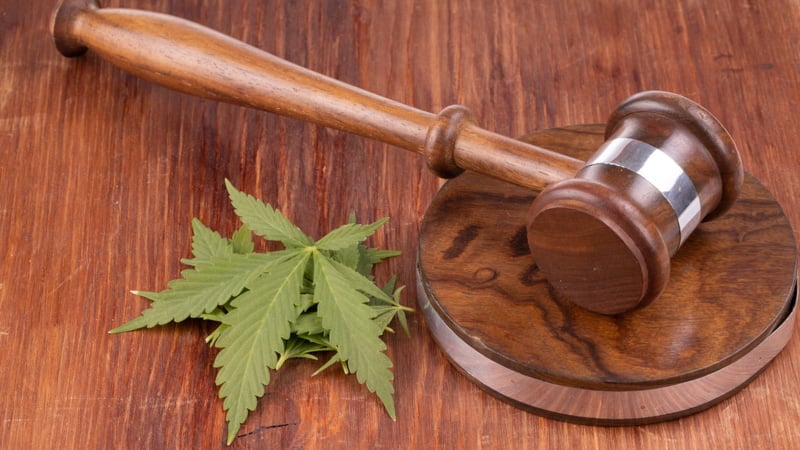 Delta 8 THC has prompted state-level regulators to review and update their cannabis laws — with some moving to make amendments that seek to ban the compound, while others are using it as a chance to relax cannabis laws completely.
Delta 8 THC has prompted state-level regulators to review and update their cannabis laws — with some moving to make amendments that seek to ban the compound, while others are using it as a chance to relax cannabis laws completely.
Here’s the dilemma — delta 8 THC is mostly derived from hemp, which is a huge benefit to the hemp industry and has yet to show any indication of creating additional problems for society. Hemp products with delta 8 and delta 9 THC may have intoxicating effects, but they have generally mild side effects. States that have moved to legalize cannabis entirely have seen improvements in issues like drug addiction and crime — not an uptick.
Most states are already well on the way to full legalization. So there’s been very little direct action to ban delta 8 because the entire plant is likely to be legalized in a matter of months anyway.
Take Alabama as an example.
A few months ago, House Bill 2 (HB2) was revisited. Regulators attempted to add delta 8 THC and delta 10 THC to the bill, which would prohibit both substances entirely. However, before the bill was passed, both of them were removed. This clearly indicates that state-level regulators are discussing these cannabinoids and weighing their pros and cons from a legal perspective.
Not long after this, Alabama passed a bill that legalized medical marijuana for the first time — marking a dramatic positive change in a state that’s historically maintained a strongly negative view of marijuana.
Many other states have had similar incidences, some deciding to leave delta 8 on the bill (thus banning it, for now), others taking it off.
Despite a few steps backward (such as Vermont recently banning delta 8), most US states are choosing to look the other way for now instead of more lenient (and taxable) moves to legalize cannabis entirely.
While it can be argued that the introduction of delta 8 harmed some state cannabis laws — most US states are either unaffected or improved as regulators move to pass cannabis reform bills that have been clogging the legal pipelines for several years already.
Final Thoughts
How delta 8 affects marijuana legalization remains a topic of debate among lawmakers and industry insiders. Some fear it could undermine existing frameworks, while others see it as part of the natural progression toward full legalization. Ultimately, the public health impact and safety concerns will guide future policies.
What’s clear though is that delta 8 THC is a naturally occurring cannabinoid that has found its niche in the market of cannabis derived products, especially in non-legal states.
Frequently Asked Questions
1. Why Is Delta-8 Getting Banned in Some States?
Delta-8 is banned in some states because of its intoxicating effects. Some also banned it because of its production process, while others due to the health and safety risks associated with delta 8.
2. Will Delta-8 Stay Legal if Marijuana Is Fully Legalized?
If cannabis becomes federally legal, delta-8 would likely remain legal but with restrictions similar to marijuana and alcohol. Federal legalization would likely standardize rules and regulations across states, but state laws would still take precedence.
3. How Does Delta-8 Impact Ongoing Marijuana Legalization Efforts?
Delta-8’s emergence from hemp has forced states to review cannabis laws earlier than planned. This has sped up legalization discussions in some regions, while others view it as a problematic “back door” to THC access that undermines regulated markets and raises safety concerns.
4. Can You Go to Jail for Delta-8 Even Where Marijuana Is Legal?
Yes, possessing or selling delta-8 can lead to legal consequences in areas that specifically ban it, even if marijuana is legal. Consumers must check both federal and local regulations, including the minimum purchasing age, to avoid prosecution in this complex legal landscape.
5. What State Is Delta 8 Illegal in, and Why?
States like Alaska and Colorado have banned or restricted delta-8 due to concerns about its chemical structure, potential health risks, and unregulated production. Some states worry it interferes with established medical cannabis frameworks, public health protections, and tax revenue systems.
